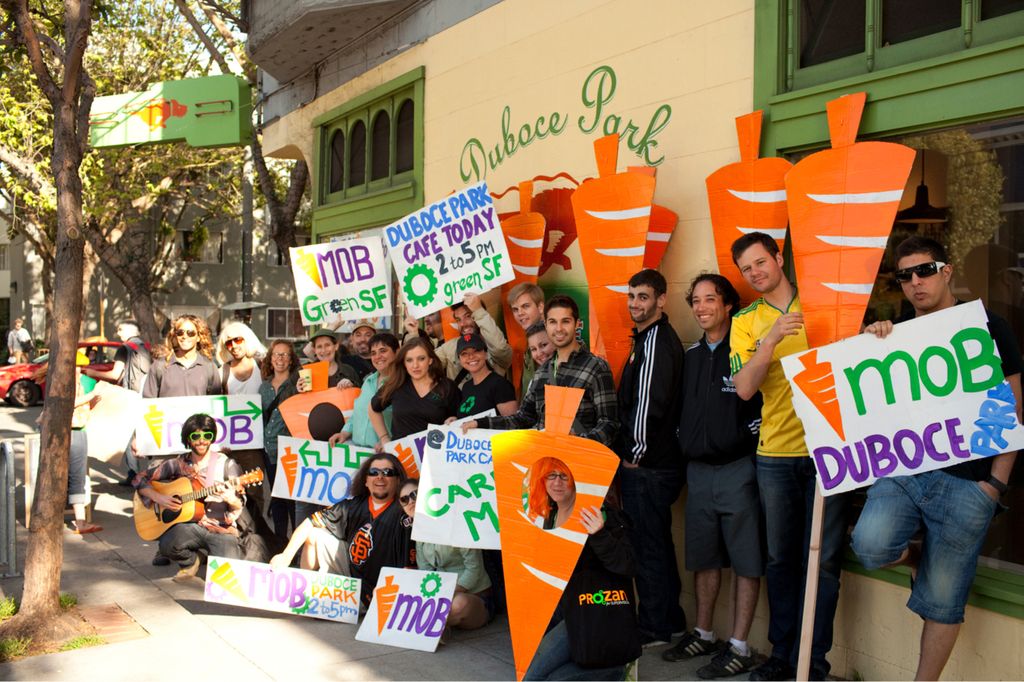
In 1972, a Stanford psychology experiment revealed the undeniable human tendency to seek instant gratification. The psychologist gave children a marshmallow, and told them that if they could wait 15 minutes without eating their marshmallow, they would be rewarded with a second one. But if they ate the marshmallow in the first 15 minutes, they would only get one. A small minority of kids were able to wait, but most couldn't resist the marshmallow that was in front of them.
In the test of corporate sustainability, companies often act in much the same way as the children. If you ask business executives whether sustainability is important to their business, most will agree that it is. They know that long-term financial performance depends on a healthy planet whose climate is predictable and whose natural resources are well-managed. They understand that sustainability is important, just as children understand that two marshmallows are better than one.
But how long can they wait before giving in to temptation? The benefits of sustainability investments may not be visible for many years to come, and meanwhile the marshmallow of short-term profits is just sitting there in front of them, asking to be eaten! Just as humans often have trouble being patient, so do businesses. It's difficult for businesses to make decisions based on what may happen in the next 10, 20, 100 years, because our financial markets put so much pressure on them to focus on short-term performance. Businesses instead stay focused on sales and marketing, because sustainability doesn't directly boost sales next quarter.
But what if we could create a direct link between sustainability improvements and sales next quarter? If we could offer businesses an easily quantifiable short-term financial benefit for making an investment in long-term sustainability, that would change everything.
That's where Carrotmob comes in. The Carrotmob model asks consumers to "vote with their money" and show that there is market demand for sustainability. Essentially, the Carrotmob community tells businesses that they will buy things from them, and in return the businesses agree to take social or environmental actions that the community cares about. In other words, we can get businesses to focus more on sustainability, not by changing the rules of business, but by creatively taking advantage of the incentives that already exist. Most businesses are designed to eat the first marshmallow that you put in front of them, so if we offer them an immediate sales benefit, why wouldn't they be willing to make sustainable improvements in return?

We've used this approach hundreds of times to help small businesses become more sustainable. Now we're partnering with Unilever, one of the world's largest consumer products companies and already an award winner in sustainability, to engage consumers and explore developing campaigns for social and environmental good. We are attempting to create campaigns in which consumers agree to buy Unilever products, and in exchange, Unilever takes actions to promote sustainability.
By asking consumers to "put some skin in the game," Carrotmob and Unilever hope to deepen consumer engagement in corporate sustainability. The exploration of campaigns with consumers is what Unilever executives Vinit Patel and Lou Paik, who championed this partnership, are especially excited about.
We think this is indicative of a growing trend in how big brands are approaching marketing and engaging with their customers around sustainability in new ways, redefining how a corporation can approach sustainability as a business strategy rather than just a philanthropy or CSR initiative.
We hope you'll join the conversation on Carrotmob.org, Facebook and Twitter.
Please note that yes, we are aware that Unilever actually has experience in the marshmallow industry, and yes, we think that's hilarious.